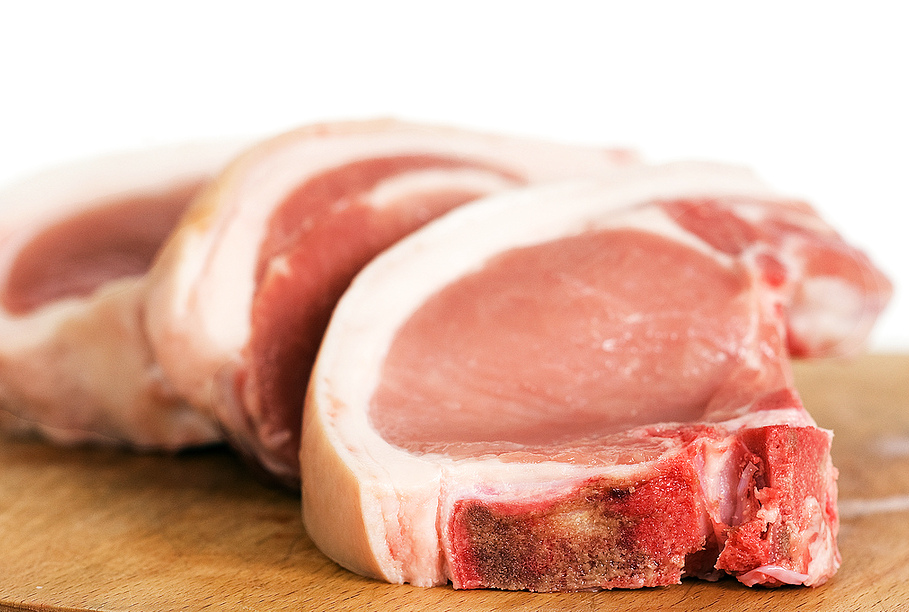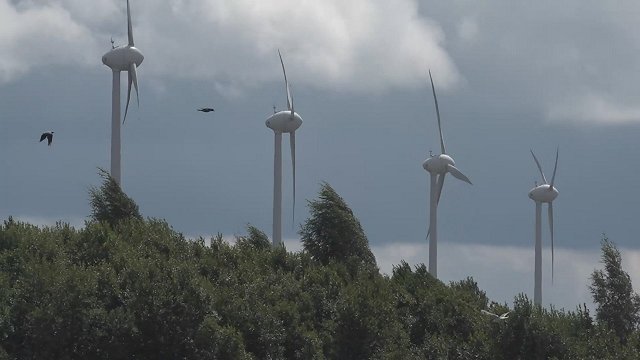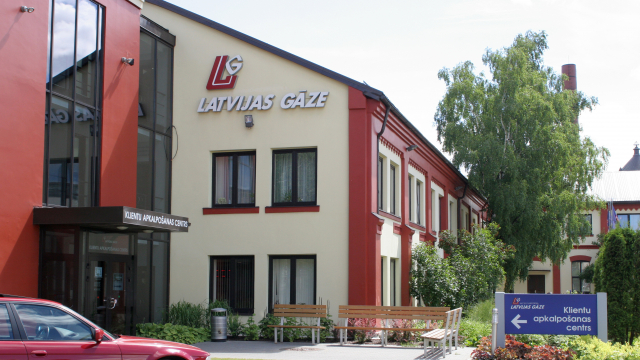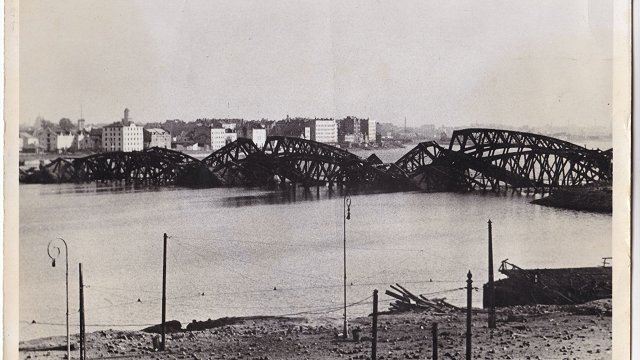Losses to the pork sector have already exceeded €1m, Treibergs said.
“Although the amount of pork Latvia exports to Russia is minimal, Latvia’s producers still took the hit from the embargo, because the ban sharpened competition inside the European market, causing significant price drops in Latvia and the nearest member-state markets,” he pointed out.
In the absence of new export markets, the excess product not going to Russia is now being offered inside the EU, thus causing prices to fall by a dramatic 17% since the end of July.
Swine-raisers’ association director Dzintra Lejniece said the hardest-hit are farming homesteads that have taken out loans to optimize production and raise competitiveness.
According to data from the Agricultural Data Center, there are 223,505 feeding pigs in Latvia, of which an average 50,300 come into the market per month. This has led to the estimates of the sector currently losing more than €1m. Even comparatively low grain prices for feed cannot offset the dramatic drop in prices, Lejniece said.
Of all the meats produced in Latvia pork comprises 46% of the total, while of all meats consumed in Latvia pork makes up 55% of the total.
“To quickly normalize the situation with creditors, banks must understand what form state support will take, what risks the state can assume. There will have to be multi-sided talks between farmers, banks, the State Revenue Service, the Rural Support Service and the Guarantee Agency,” the pig farmers’ organization head said.
As reported, Russia banned almost all imports of food products from the EU in retaliation against western third-level sanctions imposed over the Kremlin's annexing of Crimea and subsequent role in supporting so-called separatist 'people's republics' in Donetsk and Lugansk.
As reported, pig farmers in Latvia's eastern Latgale and northern Vidzeme provinces are already reeling from the African swine fever (ASF) crisis that has beset its wild boar populations and spread to a number of domestic pig farms as well. A state-of-emergency has been in effect since July, expanded all the way to Riga's eastern doorstep and extended until January 1.




























